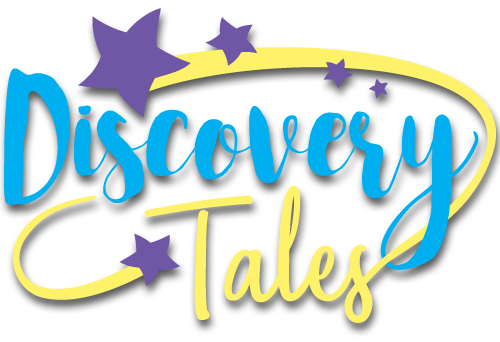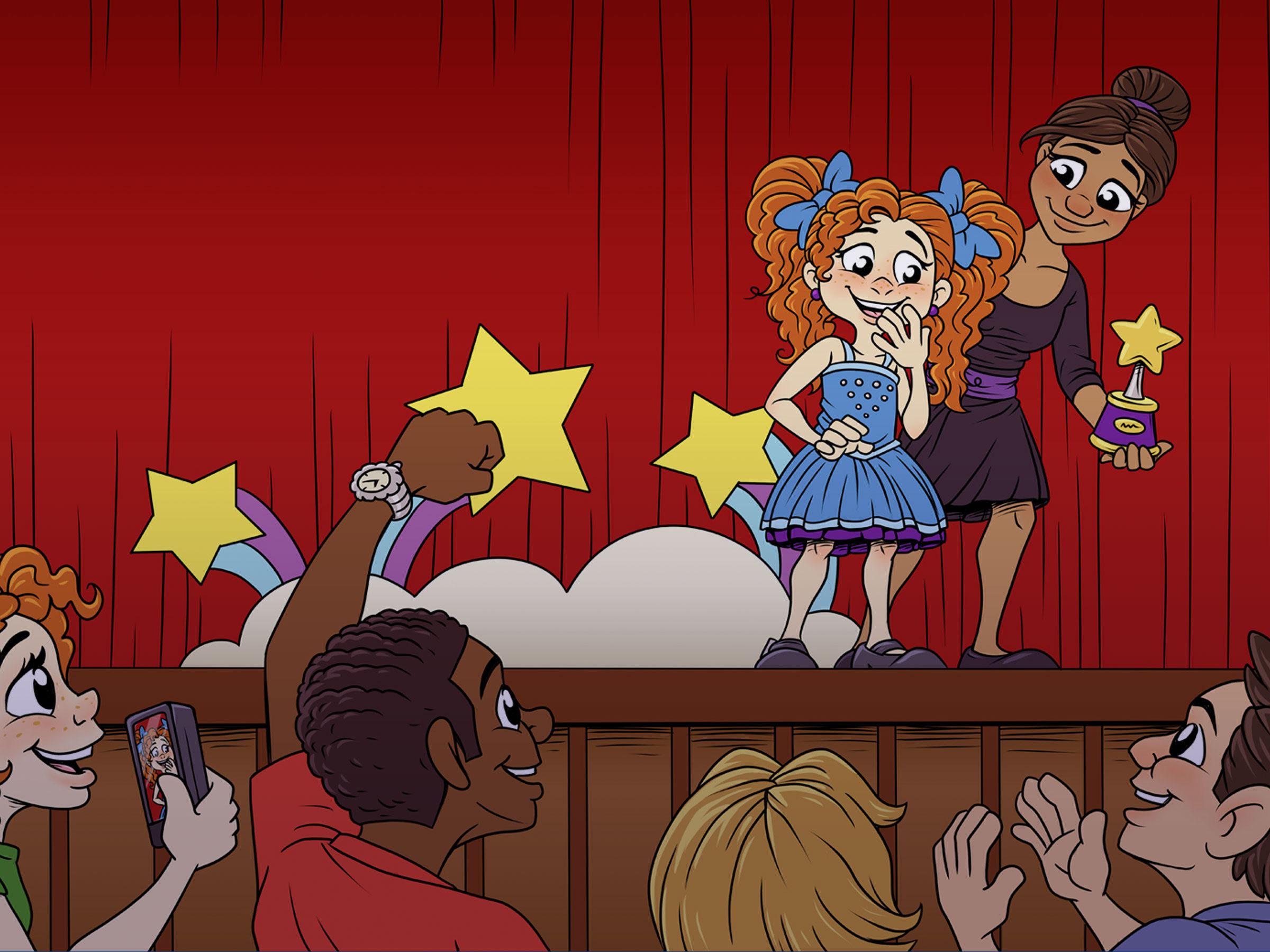“The brightest stars are those who shine for the benefit of others.” – Unknown
Meet Watt Smith, my Superhero. His superpower: one beaming, bright Light that can instantaneously fill an entire room and brighten even the darkest of places.
I found his Light when I began working at the juvenile court. My internal makeup was not equipped or designed to combat and manage such an ineffective environment, particularly when it involved children. My lack of political savvy and self-esteem, coupled with my naivety, placed me at a considerable disadvantage. Consequently, I knew I needed to surround myself with strong, confident people who could “Be the Light” while I tried my best to emulate them.
In 2002, I was working with Watt on my weekend night shift at the juvenile court. We were sitting in the secure control room when we watched two 16-year-old boys, twins, being escorted to the adult court for murdering their mother. The sounds of their handcuffs locking and the chains on their feet dragging echoed loudly throughout the holding area. Their eyes were dark, void of any Light, and their bodies rocked as they awaited the walk across the street to the adult jail.
Watt and I stood in somber silence as we watched them exit the building and leave their childhood behind. What seemed like hours later, the silence was broken when I began asking Watt about his childhood experiences growing up.
We reconnected this summer for lunch, as I wanted to learn more about my Superhero who grew up in the 1940s in Union Springs, Alabama. Although slavery had ended, the color of his skin placed him at an unimaginable and incomprehensible disadvantage. As I took bites of my sandwich, I had trouble digesting Watt’s story. “Unimaginable” was my circling thought.
Along with his five brothers and one sister, Watt was raised primarily by his grandparents. His family worked for the wealthy family that owned the drugstore. The job of being their maid and housecleaner rested on his aunt’s shoulders. Watering the grass, sweeping the sidewalks, and picking the dead flowers off the potted plants were Watt’s responsibilities. The field of cotton owned by the wealthy family grew accustomed to the hands of his five brothers.
Unlike the White children in the town, Watt was not permitted to go to the library; its books were strictly reserved for White people. His only entrance to the library was through his thoughts. I wondered, “Would one even think about what it was like being inside the library, or would thinking about it make one develop disdain and anger toward those that kept them out?” The place that most could have fueled his imagination and expanded his knowledge, he was not permitted to enter.
The movie theater was not off-limits to Watt and his friends. However, they were relegated to the second-floor seats, while the White children got the best seats in the house on the first floor. Although restaurants were not off-limits either, he had to attend restaurants designated for only Black people. Schools were established the same way. “Unimaginable” was my circling thought.
Trying to imagine Watt’s feelings surrounding his childhood experiences seemed futile, but nevertheless, I found myself trying to capture the feeling of not being able to enter a library or having to use a separate water fountain or bathroom because of the color of my skin.
Without so much as an obligatory glance back, Watt left his childhood experiences behind. And, like any Superhero, he does not limit or define himself by those experiences or by the color of his skin. Unencumbered by what others think of him, Watt remains comfortable in his own skin, takes pride in his own actions, and radiates a confidence seemingly reserved only for the best. His deep, hearty belly laugh easily brings laughter to those within earshot. His company easily keeps.
As a true role model—a Superhero—Watt dismissed any lingering impact he might have carried from years of being subservient to the White people in his town. When I questioned him recently about his feelings about his experiences, he said, “That’s all I knew.” Given my own difficulties overcoming my own childhood challenges (which paled in comparison to his), I couldn’t quite grasp his answer, so I questioned him again. Beaming, he said, “I’ve had a great life.” Void of any anger or bitterness, Watt exuded Light—pure Light.
His own Light seems to be his main compass. Steady and sure, he stays his own course and does not get easily distracted by minor challenges or inconveniences. He’s an expert at staying above the fray. He follows the teachings of Jesus and lives in the world but not of it. It seems likely that his childhood experiences, coupled with his years of military service, played a role in his ability to stay focused on the things he could control (his own Light), let go of the things he couldn’t, and do both with the utmost Kindness and Grace.
When the waitress brought the check to the table, Watt picked it up. I quickly objected, as I was the one who invited him to lunch, but he insisted. I relinquished. “OK, well, the next lunch will be on me.” And while it’s easy enough to pay for his lunch on our next outing, I will never be able to repay him for the gifts he’s given me: his Light, his Kindness, and his Grace in showing me the way.
Watt is my Superhero. His superpower—his beaming, bright Light—gives folks like me something to emulate, and for that, I remain truly and forever grateful.

